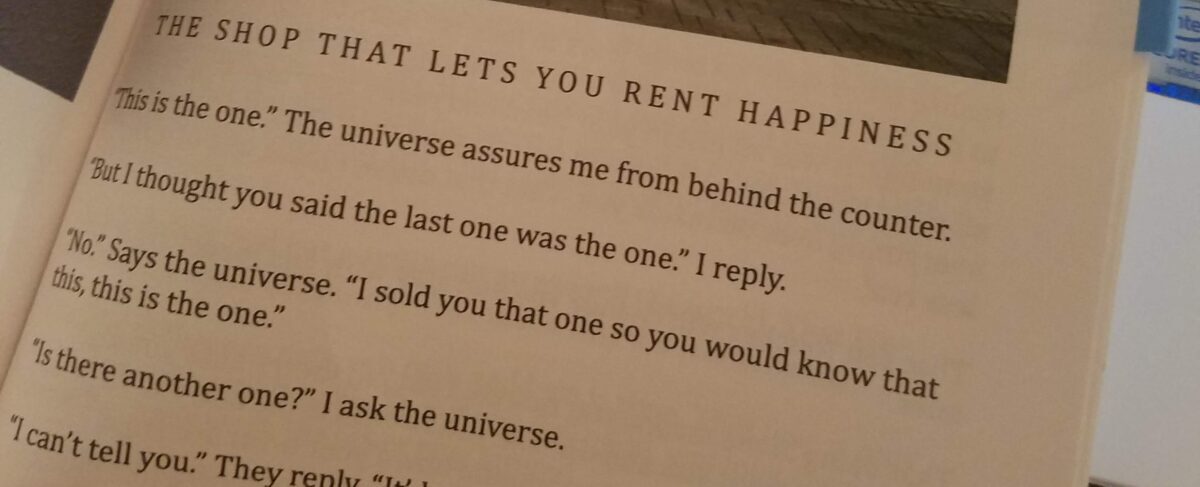I walked around the cul-de-sac tonight. The scent of impending rain reminded me of the first few drops after it had not rained for months. The warm smell of asphalt, tickling the nose, and wet grass — petrichor.
Nostalgia rocked me.
Those rainless months in California left an indelible impression, spawning my romanticism for rainfall. The sun hit differently there, how it baked your forearms, your shoulders. Now, you treasure weather patterns, the speed of traffic and empty intersections at dead hours. I still recall the quiet drive home, precise traffic lights and 2 a.m. drive-thru meals. The way the headlights hit the last stop sign before making my last turn to the house. How about those nights Dad locked me out, forcing me to crawl through the doggy door?
It’s funny now.
Heavy eyeliner, blond highlights and a bottle of Sailor Jerry’s, things we could afford.
I can talk about these things now.
Today, I wondered if my life needs to be more eventful to feed my creative endeavors. Daily drives to the city, idling in traffic, my son’s language flourishing — these things I know. Five yoga classes a week, burning the candles at both ends, another call to action, another copy, another condolence. Just feeling spectacularly average in this peripatetic life.
I played a Bright Eyes record today. Conor sang of pain like a big red rubber ball. Like receiving a call from Mom on the home’s landline, telling you she’s working double. Dad’s still stuck in Burbank and the only light turned on in the house is the second-floor hallway. Leftovers again. You are home, but you’re homesick. Afraid of school the next day, wondering how to blend in as a tomboy, standing in a straight line with the pretty girls. My hair, black, tied in a ponytail; theirs long, blond and flowy. It’s all subconscious now, these things never leave you. It hardly stings anymore, but you recall the sensation.
In ways, life is slowing down, and these erstwhile events and people are catching up. Yet why is life moving faster than it ever did? It’s so easy for me to leave people. It’s even easier to recoil.
I’m still here. Lately, I’m plagued by knowing I’m going days without you as you age. White hair in your dark locks, but your deep red lipstick stays, vibrant, familiar. Another year goes by after Mitchel’s death, but I mourn differently. I grieve like a mother, not like a sister.
How do you understand anything or see them through when you’re good at leaving? When you’re here not for a long time but a good time?
These lamentations have nowhere to go but bleed into spaces, vacant or occupied. Nothing to fix here. No void to fill, right, just space. Stories with really no punch line or allegorical theme. Just sharing. Living, and if you care enough, courageous enough, you’ll learn.

